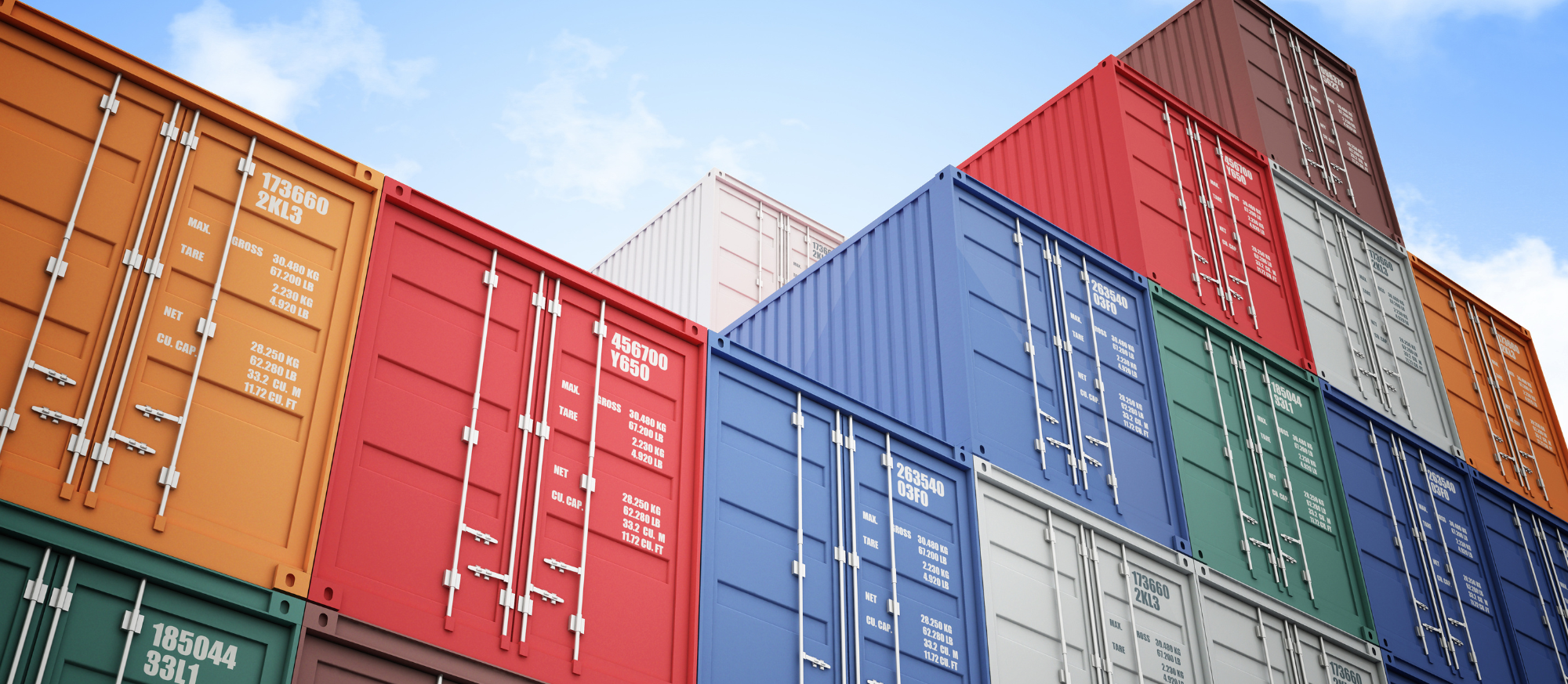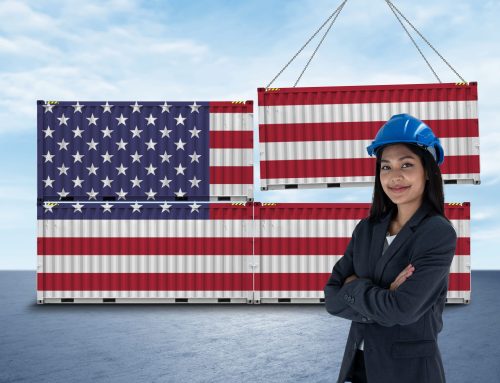In recent weeks, the U.S. government has introduced significant changes to import tariffs, directly impacting customs brokers and importers nationwide. The National Customs Brokers & Forwarders Association of America (NCBFAA), representing over 1,300 member companies, is actively providing guidance to ensure compliance with these new regulations.
Overview of Recent Tariff Changes
On February 1, President Trump issued Executive Orders under the International Emergency Economic Powers Act (IEEPA), announcing:
- 25% Tariffs on imports from Canada and Mexico, with a 10% tariff on energy products.
- 10% Additional Tariff on imports from China.
However, after discussions on February 3 with Canadian and Mexican leaders, a 30-day delay was granted for the 25% tariffs, now set to take effect on March 4. The 10% tariff on Chinese imports became effective on February 4.
Additionally, on February 10, a 25% tariff was announced on all steel and aluminum imports, effective March 12. This action nullifies previous agreements with trading partners, including Canada and Mexico. Notably, existing exclusions for steel or aluminum products remain valid until their expiration or until the specified volume is reached.
Implications for Customs Brokers and Importers
The NCBFAA’s Customs Committee is actively engaging with Customs and Border Protection (CBP) to address concerns related to these tariffs, focusing on:
- China IEEPA Tariffs: Clarifying duty rates for goods in transit, applicability to Foreign Trade Zones (FTZs), and required importer certifications.
- De Minimis Provisions: Understanding bond requirements for informal entries, reasons behind the suspension of the de minimis prohibition, and potential reinstatement timelines.
Recommended Actions
To navigate these changes effectively, customs brokers and importers should:
- Review and Adjust Operations: Ensure importer clients are enrolled in Importer ACH Debit/Credit and approved for Periodic Monthly Statement with CBP.
- Assess Bond Amounts: Verify that bond amounts are sufficient to cover the increased tariffs.
- Evaluate FTZ Utilization: Determine if utilizing FTZs offers benefits under the new tariff structure.
- Prepare for Potential Delays: Anticipate possible border delays due to non-payment of duties, country-of-origin verifications, or unexpected warehouse transfers.
The NCBFAA remains committed to providing timely updates and guidance as further developments occur. Staying informed and proactive is essential to ensure compliance and minimize disruptions in import operations.





